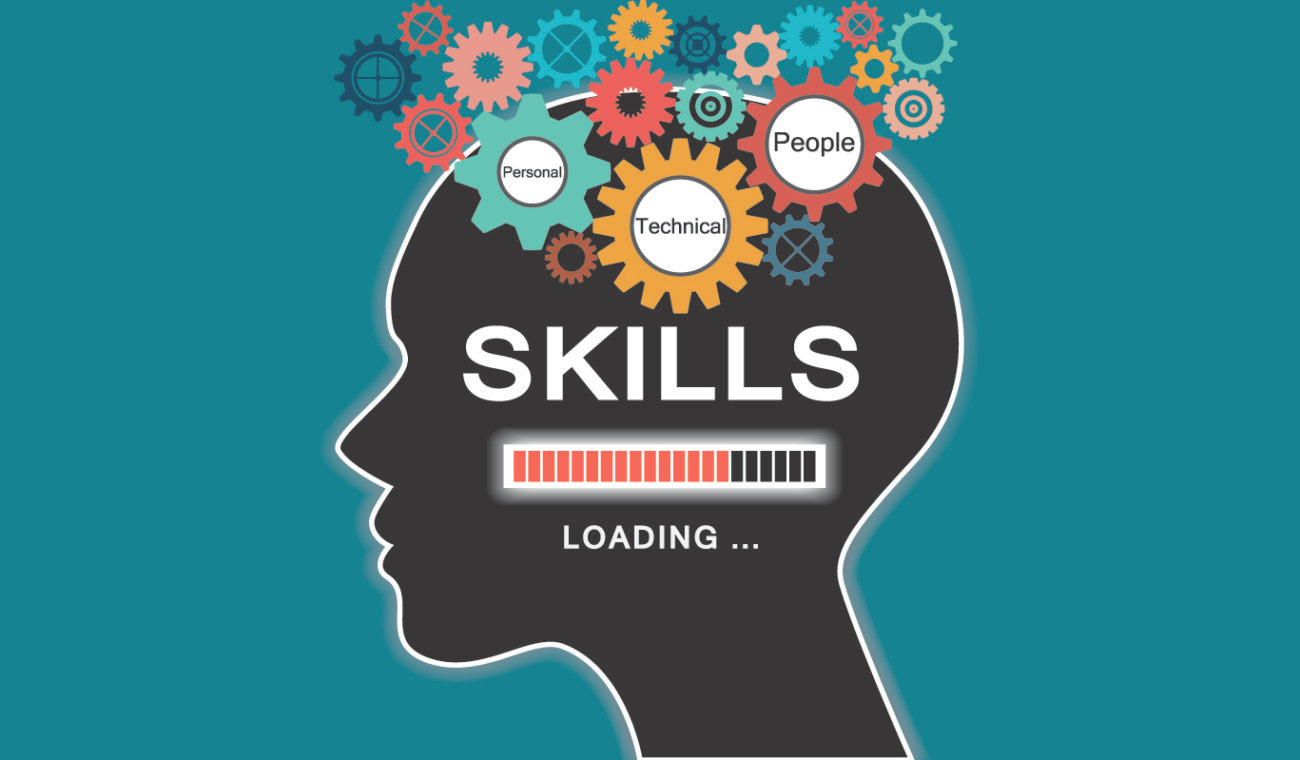Skills-as-a-Service
Jobs are getting disrupted
The world of work is changing rapidly.
Yet many important patterns that make up this change are not immediately visible.
As Harvard labor economist Lawrence Katz shows, one key pattern points to the fact that full-time jobs are getting quickly replaced by a range of alternative work formats.
Not only that but in some companies, such as Google, temp workers outnumber full-time employees, giving rise to a “shadow”, less visible workforce.
As we explained in an earlier post, what we’re seeing is nothing short of a massive disruption of jobs.
At the center of this disruption is the fractioning of jobs as the defining format of work.
In fact, every job, from low-skilled to professional to managerial, is undergoing fractioning—including executive jobs.
This is similar to the disruption of music that Apple brought about when it introduced iTunes.
Skills-as-a-Service
Companies look for people who can do great work, work well with others, produce business results, and create strong value. This is true regardless of the work format they use.
The way to find these people is using ‘honest signals’ that predict, effectively, what work one can do and how well s/he will do that work.
Skills, as the ultimate honest signals, are powerful predictors of performance and productivity, which makes them the new unit of value at heart of Skill-as-a-Service. (At the same time, businesses have come to realize that old school ‘qualifications’ are not correlated with work performance and value creation).
We think that the increasing demand for skills signals is the bellwether of the new labor market.
In this new market, work is becoming a service where people deliver skills, and Skills-as-a-Service (the new SaaS) is becoming the new transactional paradigm.

Superskills and Microskills are the new currency
The Skills-as-a-Service paradigm operates on the basis of two types of skills:
Superskills are the basic “elements” that make up a person’s unique “operating system.” These include thinking skills, social skills, innovation skills, communications skills, ‘getting things done’ skills, learning skills, leadership skills, and more.
Microskills are the “apps” that the person “runs” (or could run) on their unique “operating system.” These are the practical things a person can do well (or learn to do). Microskills include graphic design, software development, financial modeling, equity trading, project management, enterprise sales, product development, QA testing, school teaching, journalistic writing, market research, urban planning, and much more.
What does Skills-as-a-Service mean for you?
Whether you’re a student, a jobseeker, a skills providers, a university, or a business, preparing for the future of work means you would want to develop your skills strategy.
At a minimum, this strategy should focus on these four dimensions —
Acquiring and developing skills
Measuring and certifying skills
Demonstrating and signaling skills
Discovering and deploying skills
Got feedback? We’d love to hear from you at business@knackapp.com

